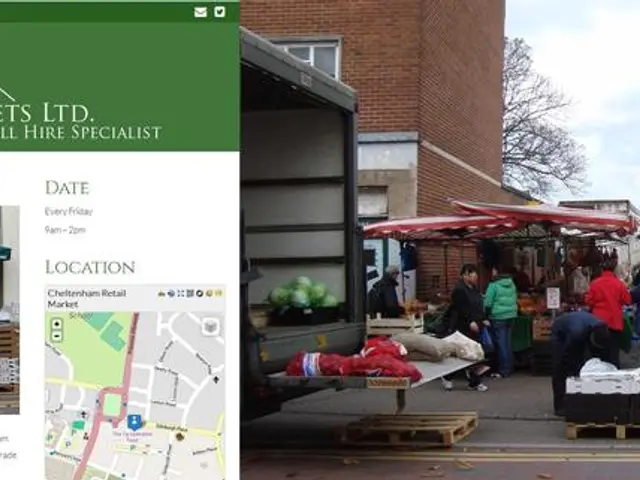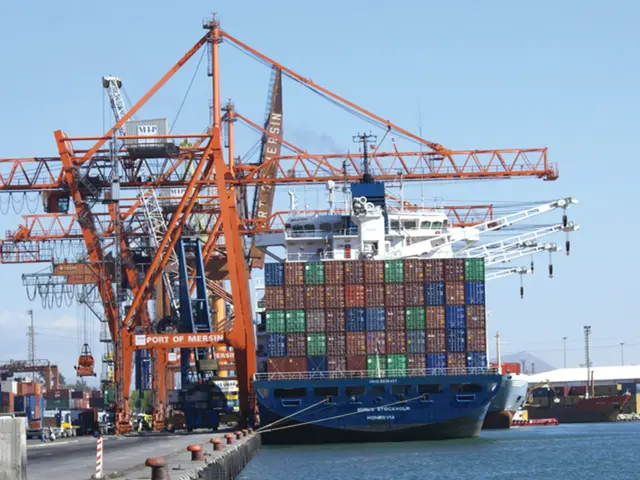Banking Innovation Shines: POSB's Starlink & Solar Loans for Schools, Manifesting Ideal Banking Practices
In a significant move to bridge Zimbabwe's digital and energy inequality in schools, POSB has announced a new loan scheme aimed at providing quick, collateral-free financing for solar energy systems and Starlink internet connectivity.
The scheme, open to all registered educational institutions and individual staff in the education sector, offers loans of up to US$10,000 to cover the installation costs of solar panels and Starlink satellite dishes.
Eligibility
To be eligible, applicants must be a registered school or an education sector employee, maintain a POSB account with at least six months of statements, provide an up-to-date School Development Committee (SDC) constitution, recent SDC meeting minutes, and a borrowing mandate signed by the SDC. Supplier quotations, identification, and proof of residence for school heads and committee members are also required [1][2].
Loan Amount and Repayment Terms
The maximum loan amount is US$10,000, with loans approved within 48 hours and installation completed within a week. Flexible repayment terms allow up to 24 months to repay [1][2].
Ongoing Costs for Starlink Internet Service
It's important to note that while the loan covers the hardware supply and installation costs, schools are responsible for budgeting and paying for the ongoing Starlink subscription fees themselves [1][2].
The loan scheme is a partnership with Transerv and Global Solar for solar systems and TelOne for Starlink hardware and installation [1][2].
Addressing Zimbabwe's Energy and Digital Divide
This initiative by POSB is genuinely encouraging, as it offers a practical financial product that doesn't ask for collateral and gets things done quickly. It's not a common occurrence in Zimbabwe, where banks usually focus on real estate projects or forex plays [1][2].
However, concerns have been raised about the sustainability of the monthly subscription fees for Starlink in the current economy, and schools might struggle to gather all required documentation for the loan application [1][2]. The loan cap of US$10,000 may also limit what can be done, especially for larger institutions [1][2].
In summary, this scheme facilitates access to solar power and Starlink internet for schools by providing quick, collateral-free loans focused on installation costs, while schools need to manage ongoing internet subscription expenses separately.
[1] Source: POSB Press Release [2] Source: Zimbabwe School Development Committee Guidelines
Read also:
- A Business Model Explained: Its Purpose and Benefits for Your Venture
- Discussion on WardsAuto Podcast: Tariffs, Failed Merger, and Ford's Quality Issues
- High-Priced 2026 Corvette ZR1X Emerges as Budget Option in Supercar Sphere
- Top racer claims Corvette ZR1 might have shaved an additional 10 seconds off its record-setting lap time at Nurburgring





